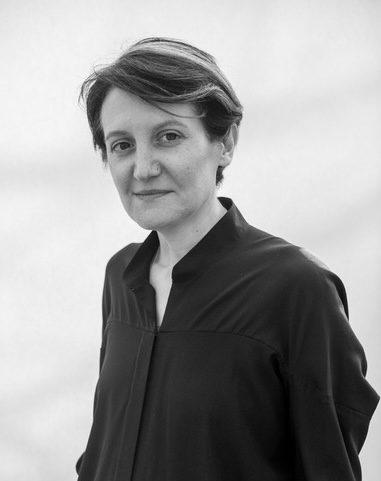Olivier Borraz, “Authoritarianism as a Bureaucratic Phenomenon”, The Tocqueville Review, 2024.
14 October 2024Xavier Timbeau, “The Lack of Interest in Economics for the Challenge of the Century”, Economics and Statistics, 2024
21 October 2024Lucia Allais, Topographic Cities: Urbanism, Antiquities, and the Modernization of the Ground in mid-century Lebanon, 14.11.2024, 5pm-7pm CET
Zoom* & Room K011, 1 Place Saint Thomas, 75007 Paris
Topographic Cities: Urbanism, Antiquities, and the Modernization of the Ground in mid-century Lebanon
This talk addresses how modernist urban and architectural principles permeated midcentury Lebanon, by looking at the modernization of the idea of the ground in three history-rich cities: Baalbek, Tripoli, and Byblos. While Ottoman Tanzimat reforms had introduced notions of private property, and French cadastral laws had further formalized planning; and while an image of modernity emanated from Mandate-era buildings in Beyrouth, and archaeological legislation reached new momentum across greater Syria in the prewar, it was not until the 1940s that Lebanon’s ground became a cohesive national design project under the rubric of “topography.” This lecture addresses the urban, architectural, and landscape aesthetics that were born in this period as the land came to be conceived as a single surface: searchable for resources, navigable by its landmarks, and systematically inhabitable and exploitable. The focus is on schemes proposed and debated by a variety of actors, including expert-urbanists such as Michel Ecochard and Constantin Doxiadis, architects employed by the national Antiquities service under Maurice Chéhab, and the evolving group of Lebanese engineers and architects who published in the journal Al Mouhandess.
Speaker

Lucia Allais is Associate Professor of Architectural History, and the Director of the Temple Hoyne Buell Center for the Study of American Architecture, at Columbia University (New York). Her first book, Designs of Destruction: The Making of Monuments in the Twentieth Century (Chicago, 2018) traced how global monuments survived, and a new internationalist preservation regime arose, from the massive destructions of the 20th Century. Allais has written widely on the ways the built environment is designed to reflect historical change. She has received a number of grants and prizes, including fellowships from the CASVA, the Mellon Foundation, the Radcliffe Institute and, most recently, the Sarton Medal for the History of Science from Ghent University. Allais is a founding member of the Aggregate Architectural History Collaborative and an editor of the journal Grey Room.
*The link will be sent to you after your registration
Subscribe to our mailing list | For more information: citiesarebackintown@sciencespo.fr

